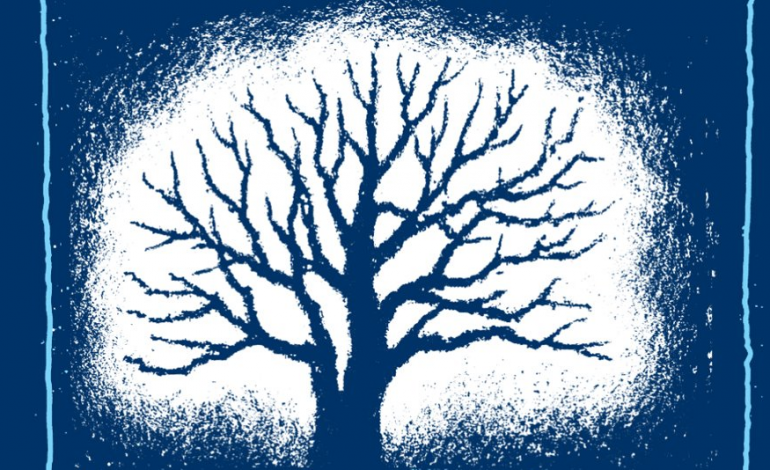

It’s no secret that Starz’s American Gods, a series directly based on Neil Gaiman’s classic novel by the same name, is one of the most looked-forward-to shows of the year. For many, American Gods was the novel that drew people into Gaiman’s work in the first place, to look at his other works like The Sandman and Good Omens.
But much like the book itself, which is incredibly dense and takes some serious reading into–so to speak–to really understand what to get out of it, show-runners of the television adaptation Bryan Fuller and Michael Green had to really lay out what they’re planning to do with the material at their TCA panel Monday for fans to understand what’s going on with the series. The two addressed topics such as race in the show, as well as how religion plays into it as well, Deadline reports.
Casting became one of these hurdles for the show-runners, though in some areas, the decision on what a character should, at the very minimum, look like was very easy. Specifically, the physical attributes of main character, Shadow Moon, was very obvious to the pair.
“It just felt like in order to be true to the book, you had to cast the character who was written, who is not white,” says Fuller. After all, in American Gods, Shadow is explicitly black; his race plays into part of his identity of being an outcast, looked down on by society as a whole, which helps better align him to the gods who also aren’t given the greater privilege in modern American culture.
But then, according to a report by Variety, even finding the right actor to embody Shadow proved to be harder than originally anticipated, given the varied parameters the show-runners gave themselves. The pair eventually decided on Brit Ricky Whittle (The 100). And while one character’s ethnicity is certain, the rest are really up to Fuller and Green to use their best judgement based on vague descriptions in the novel.
They do consult the original creative mind before going forward with someone, though.
Says Fuller, “The fun thing is, we’re not colorblind casting, we’re actually very consciously aware of color in the cast and ethnic specificity, because the book is so culturally specific.”
He continued to say, “There have been times where a character has been described as having very dark skin, and we’ve made a suggestion to Neil, and he’s like, ‘Oh, that actor is black. The character needs to be Indian. Even though it’s written that they have very dark skin, the character is absolutely Indian and it needs to be an Indian actor.’ That’s been kind of a great relief, because it’s a map that we just stick to.”
Both the show-runners agreed that being as true to the roadwork of the original is of utmost importance to them. “This project, in addition to being a dream project, is one that I’ve heard ‘don’t f*ck it up’ about more than any other time,” says Green. “It is a constant process of rising to the challenge of it.”
Another challenge for the pair will be trying to integrate this more-ancient religious culture into the modern sphere without giving too much attention to the big three–Christianity, Islam, and Judaism–much at all. According to Green, Gaiman thinks that those three have been enough attention already. He says, “When you say ‘religion,’ everybody assumes the next step is to be divisive. I think what makes American Gods such a loved and lasting piece of literature is that it discusses religion in inclusive ways that invites all.”
